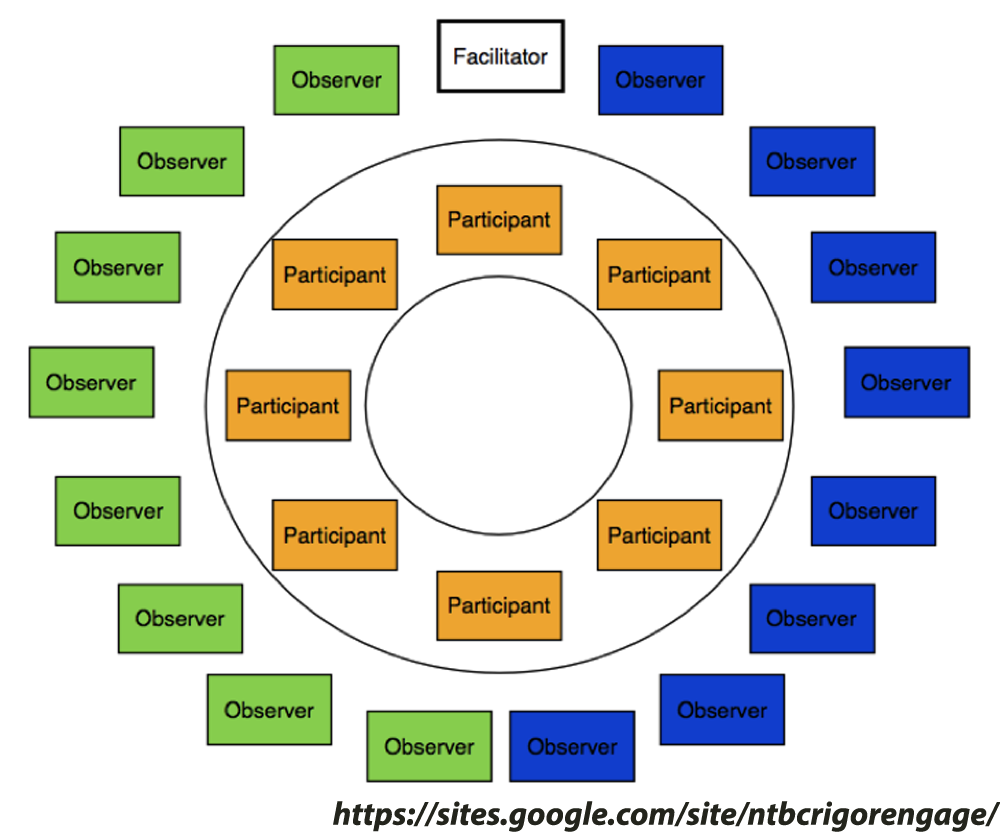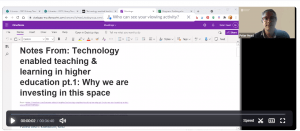The shared article for this Learning and Growing session on December 17, 2021 was
Students as Co-authors of an Academic Development Service: A Case Study of the Study Skills Service at the University of Bristol
This article discussed the benefits and challenges of having students assist with the development of both a program akin to the current Academic Skills Development Program and its delivery.
A summary of this analysis is here, with the ‘Now What’ section discussed during the Learning and Growing session.
| What? (Main concepts discussed) | So what? (What are the possible implications of this concept / information?) | Now what? (How are these implications to be actioned?) |
| · Changing perceptions of study support services from remedial to developmental is a challenge
· “Students as Partners (SaP)” – Discarding the power structure of learners and teachers (narrative style) to be a more collaborative process · SaP model allows for a more reciprocal process whereby the students have more input on “curricular or pedagogical conceptualisation, decision-making, implementation, investigation, or analysis” (p.4). · Modelled on similar PAL and PASS programs but focussed on skills development rather than subject specific information · SaP principles: a. Foster inclusive partnerships b. Nurture power-sharing relationships through dialogue and reflection c. Accept partnership as a process with uncertain outcomes d. Engage in ethical partnerships e. Enact partnership for transformation · Student focus groups were used to identify the content of the curriculum · Curriculum was informed by input from student focus group (i), input from academic skills team (ii), input from lecturers (iii) and input from research (iv) · Facilitation of study skill workshops by students was mindful of limitations but the ‘permission to fail’ was built into the equity of the partnership · Students reported wanting more input from the academic team via this process to avoid the problem of being too general in nature |
Challenges
· Equity in partnerships; paying students for academic responsibilities has received criticism for ‘out-sourcing’ academic work to less qualified, lower pay-rate pseudo staff: “It was accepted that the Advocates’ choices students receiving support which they did not find as useful as that offered by professional staff when delivering their sessions could potentially result in” (p.12)
Opportunities · The essential skills modules are already created and can be used as a test for the further creation of resources. · Utilisation of existing peer-learning program to inform development of materials (scoping evaluation of current practises and materials) |
· Rethinking deployment of PASS Leaders in addition to PASS sessions
· Focus group (DSL) to devise the structure and content of program (F-to-F and online delivery) · Focus group of lecturers and academic team members · Co-development with Study Support and Library · Understanding the mission (objectives) of the program (reciprocal nature of material development and delivery)
|
Zoom recording:
Topic: Learning and Growing
Start Time: Dec 17, 2021 10:28 AM
Meeting Recording:
https://charlessturt.zoom.us/rec/share/sUd6vkyr9tEK2MJQVZyy5tSAegDVVKtCTAvWd3-iaMzbK_k4mIZIxh5cFqn4vc9a.kaRWsLyyhfCD_77T


